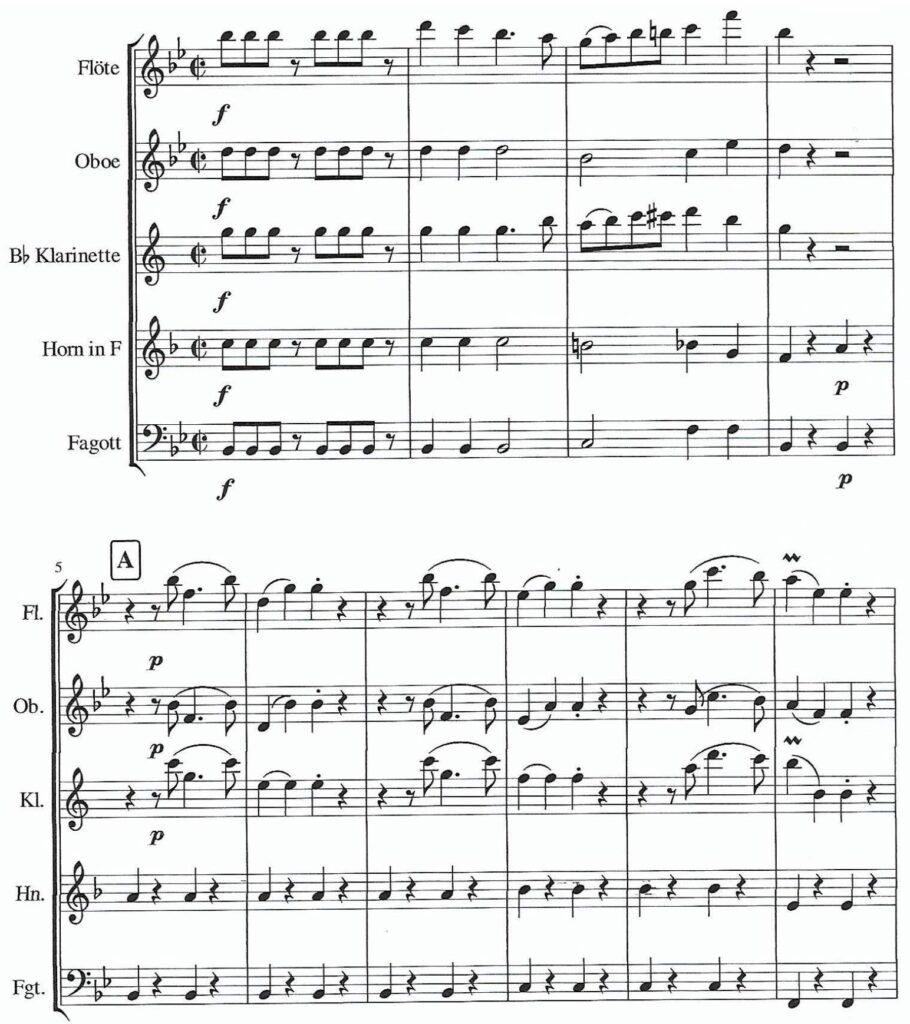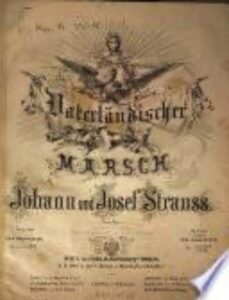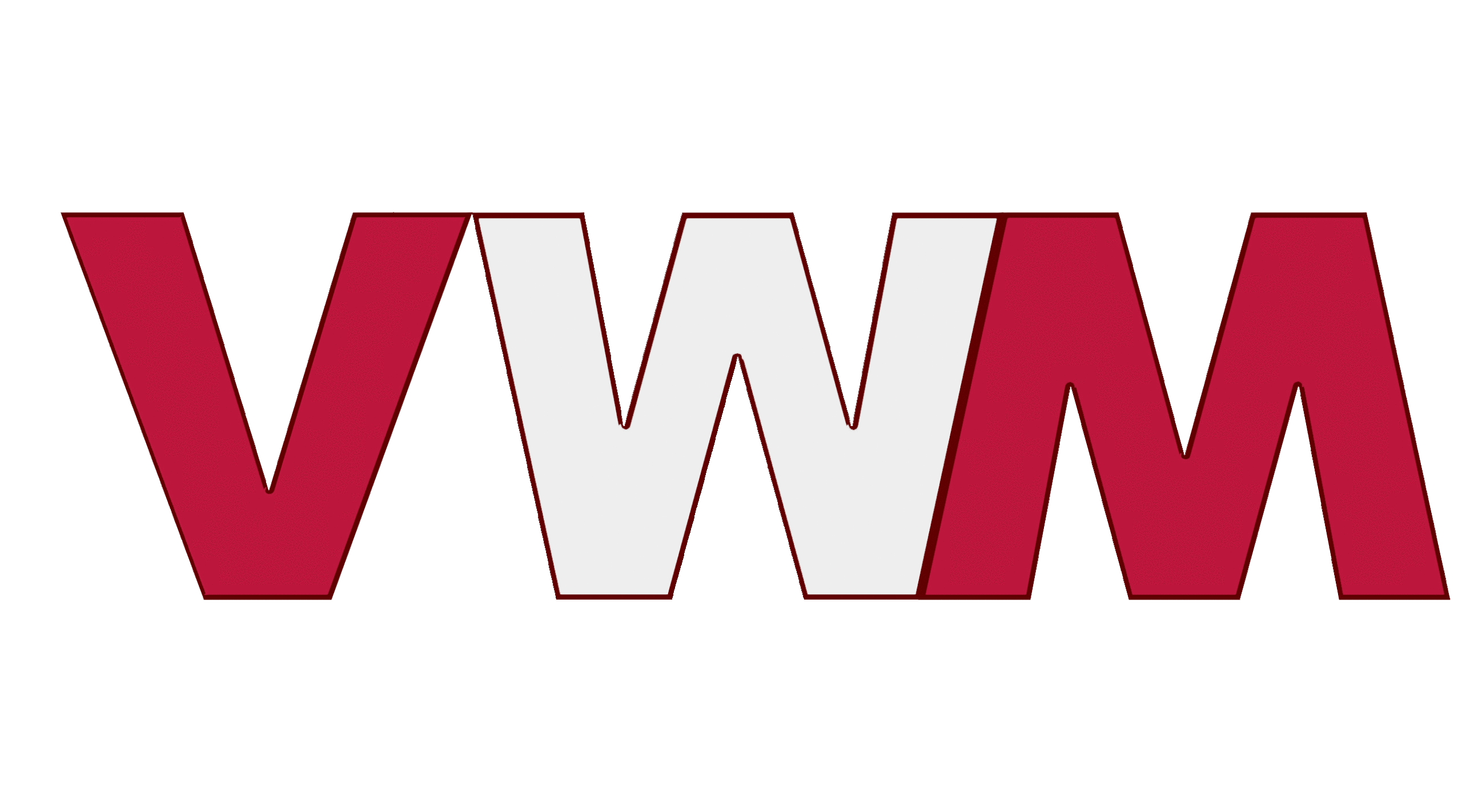Johann (1825-1899) und Josef Strauss (1827-1870) Vaterländischer Marsch, oh. op./ Patriotic March

Im Sommer 1859 hatte die Donaumonarchien einen Krieg begonnen, an dessen Ende sie die Lombardei einbüßte. Obwohl man in Wien über die Ereignisse in Oberitalien keineswegs begeis- tert war, fühlte man sich mit dem Schicksal des Habsburgerreiches verbunden und dokumentierte dies in patriotischen Versammlungen. Johann Strauss verfasste mit seinem Bruder Josef in aller Eile einen „Vaterländischen Marsch“. Bei einem „Patrioten-Festkonzert“ am 9. Mai 1859 im „Sperl“ in der Leopoldstadt wurde dieses Werk, das mit patriotischen Zitaten durchsetzt ist, zum ersten Mal aufgeführt. Vier Takte des „Radetzy-Marsches“ leiten die Komposition ein, als Kurzzitat er- klingt der „Rákóczy-Marsch“ und im Trio, das abermals den „Radetzky-Masch“ zitiert, sorgt die Kaiserhymne für einen effektvollen Abschluss.

In summer of 1859 the Danube monarchies started a war, at the end of which they lost Lombardy. Although people in Vienna were by no means enthusiastic about the events in northern Italy, they felt connected to the fate of the Habsburg Empire and documented this in patriotic meetings. Jo- hann Strauss hastily composed a “Patriotic March” with his brother Josef. This work, which is inter- spersed with patriotic quotations, was performed for the first time at a “Patriot Festival Concert” on May 9, 1859 in the “Sperl” in Leopoldstadt. Four bars of the “Radetzy March” introduce the compo- sition, the “Rákóczy March” sounds as a short quotation and in the trio, which again quotes the “Radetzky Masch”, the imperial anthem provides an effective conclusion.
| sound sample / Tonbeispiel Requested file could not be found (error code 404). Verify the file URL specified in the shortcode. | score/parts PDF download: € 15,- | add to cart / in den Warenkorb |
